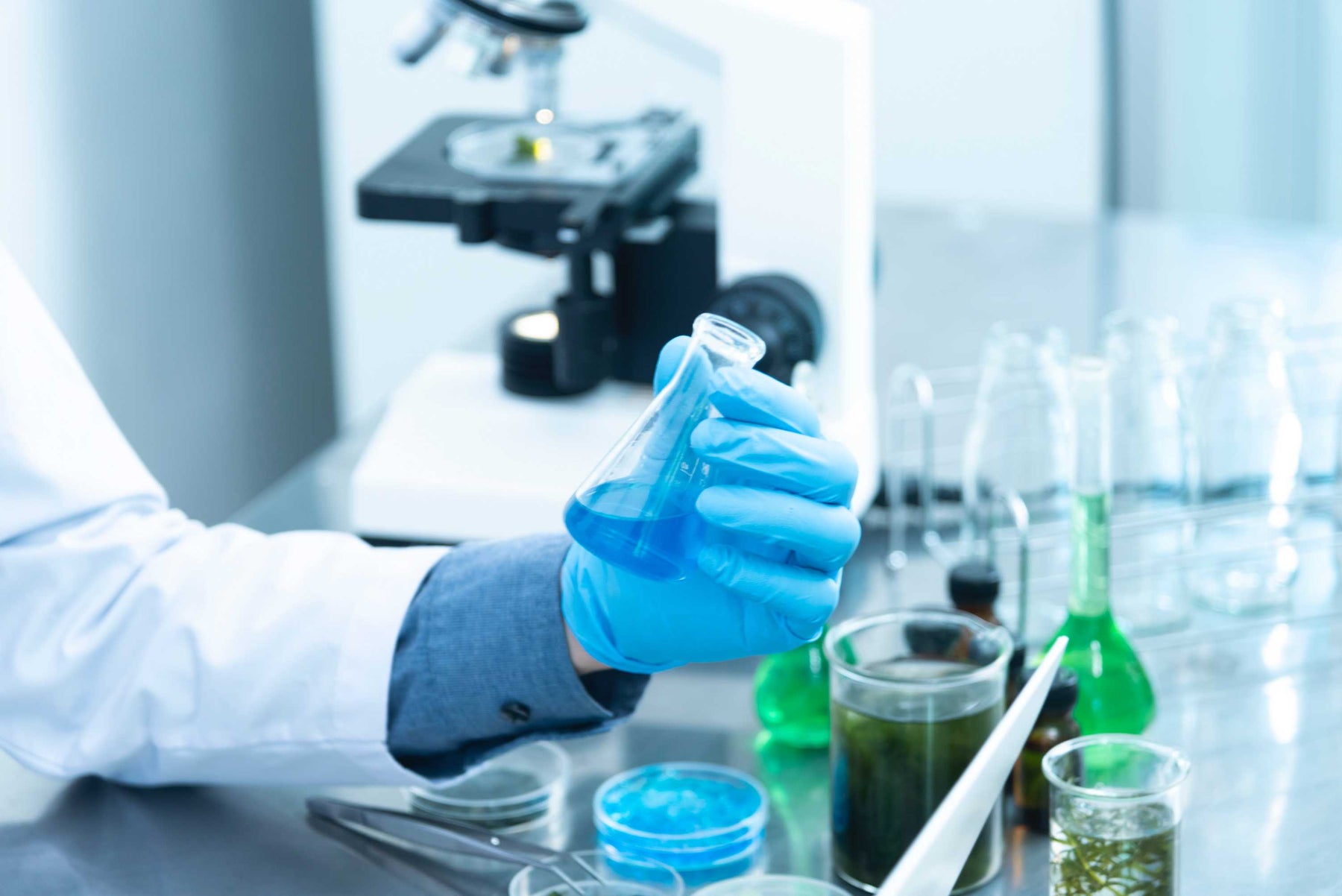
Understanding the Basics of Laboratory Science
Exploring the Fundamentals and Principles of Laboratory Science
Welcome to our blog where we delve into the world of laboratory science. Whether you are a beginner or an enthusiastic amateur, this blog is designed to help you understand the fundamentals and principles of laboratory science.
Why Laboratory Science?
Laboratory science plays a vital role in various fields such as medicine, research, and industry. By conducting experiments and analyzing data, scientists can make groundbreaking discoveries and advancements. Whether you are interested in biology, chemistry, physics, or any other science-related field, understanding laboratory science is essential.
The Basics: Laboratory Equipment
Before diving into experiments, it is crucial to familiarize yourself with laboratory equipment. From beakers and test tubes to microscopes and centrifuges, understanding the purpose and function of each piece of equipment is essential to conduct experiments accurately and safely.
The Scientific Method
Every scientific experiment follows a structured approach known as the scientific method. This method involves making observations, formulating hypotheses, conducting experiments, analyzing data, and drawing conclusions. By following the scientific method, you can ensure that your experiments are systematic and that the results are reliable and reproducible.
Safety in the Laboratory
Laboratory safety is of utmost importance. This section covers essential safety practices such as wearing appropriate protective gear, handling chemicals safely, and following proper procedures to avoid accidents and injuries. By understanding and implementing safety protocols, you can ensure a safe and productive laboratory environment.
Data Analysis and Interpretation
Collecting data is only the first step; analyzing and interpreting the data correctly is equally important. This section focuses on statistical analysis, data visualization, and drawing meaningful conclusions from experimental results. By developing data analysis skills, you can effectively communicate your findings and contribute to the scientific community.
Collaboration and Communication in Science
Science is a collaborative field, and effective communication is key. Whether it is working with fellow scientists on a research project or presenting your findings at a conference, this section explores the importance of collaboration and communication skills. By honing these skills, you can maximize your impact in the scientific community.
Continuing Education and Resources
Learning is a lifelong journey, especially in the field of laboratory science. This section provides information on continuing education opportunities, such as workshops, courses, and online resources. By staying updated with the latest advancements and techniques, you can expand your knowledge and excel in your laboratory endeavors.
Conclusion
Exploring laboratory science an be an enlightening and rewarding experience. Whether you are a beginner or an enthusiast, understanding the fundamentals and principles outlined in this blog will lay a solid foundation for your scientific journey. Remember to stay curious, ask questions, and always approach laboratory science with passion and dedication.
